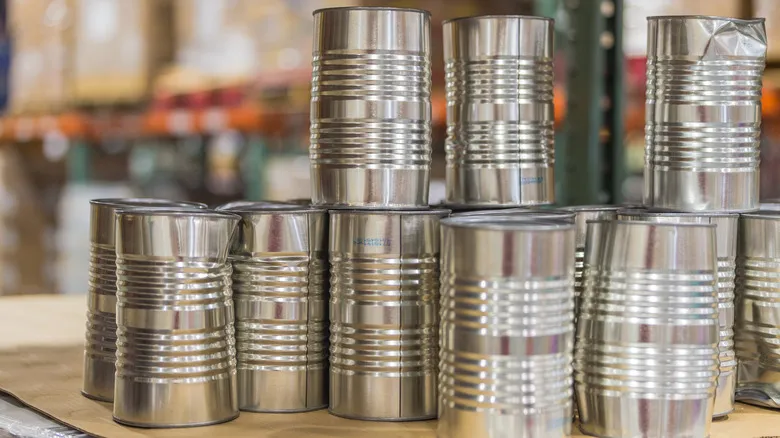How to tell if your canned food is dangerous
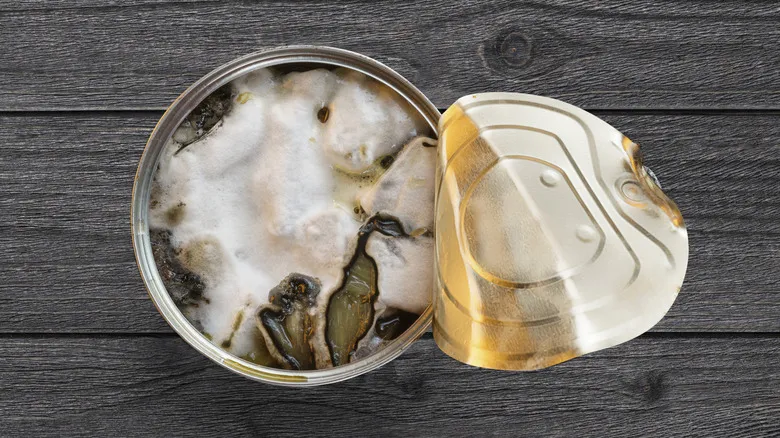
When examining a can for dents, there are several factors to consider. First, check the seam to see if the dent impacts it. A can may have a noticeable dent but can still be safe as long as there are no sharp edges or breaks in the seal. It's also important to note the location of the dent; for example, a small dent in the center of the can may be acceptable, while a dent near the top or bottom rim could jeopardize the seal.
If you have canned food that has recently been dented due to a storage mishap, it can still be safe to use if consumed quickly. However, if the dent is substantial and you're uncertain about when it occurred, it's best to err on the side of caution and discard it. Additionally, any can that is bulging, leaking, or rusted should be thrown away immediately. After opening a can, also check for any unpleasant odors, discoloration, or spurting liquid.
The same indicators of spoilage apply to home-canned goods, which are responsible for 90% of foodborne botulism cases in the U.S. (according to the University of Minnesota Extension). Whether you are canning yourself or receiving cans from others, always ensure that proper canning techniques were used. As a general guideline, home-canned foods should be consumed within a year at most. If a container is cracked or leaking, or if the contents appear or smell off, do not taste or consume the food. When in doubt, it's best to throw it out!
Recommended

Next Time You Have Too Many Lemons, Try This Moroccan-Style Of Preservation
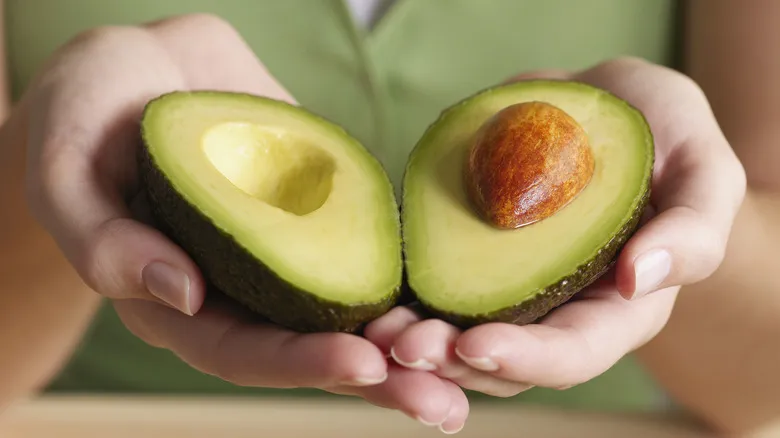
Yes, You Can Freeze Avocados But Here's What You Should Know First
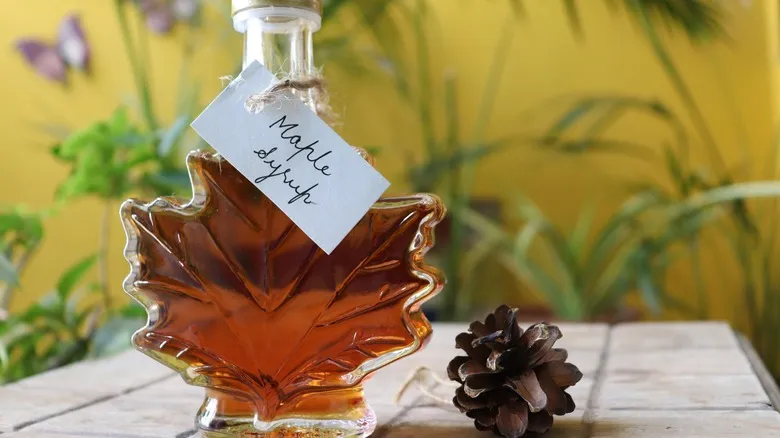
Is It Safe To Store Maple Syrup At Room Temperature?
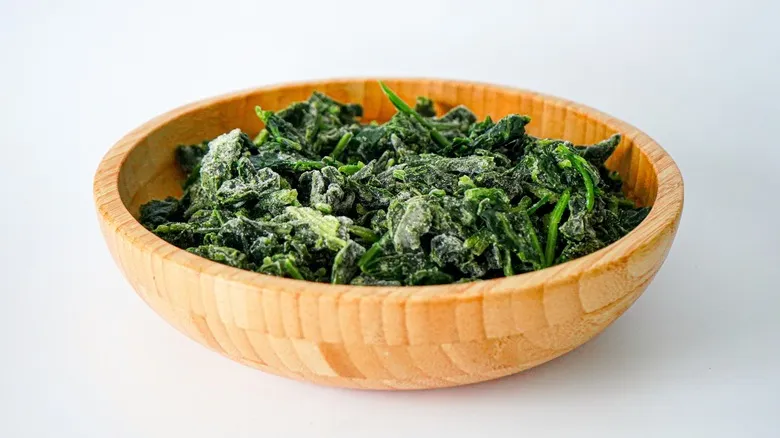
The Tip You Should Know To Successfully Meal Prep Frozen Greens
Next up

